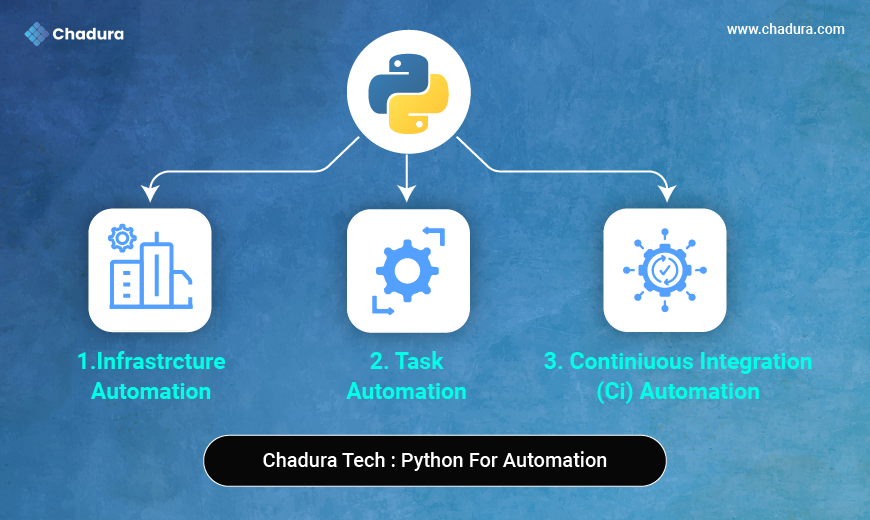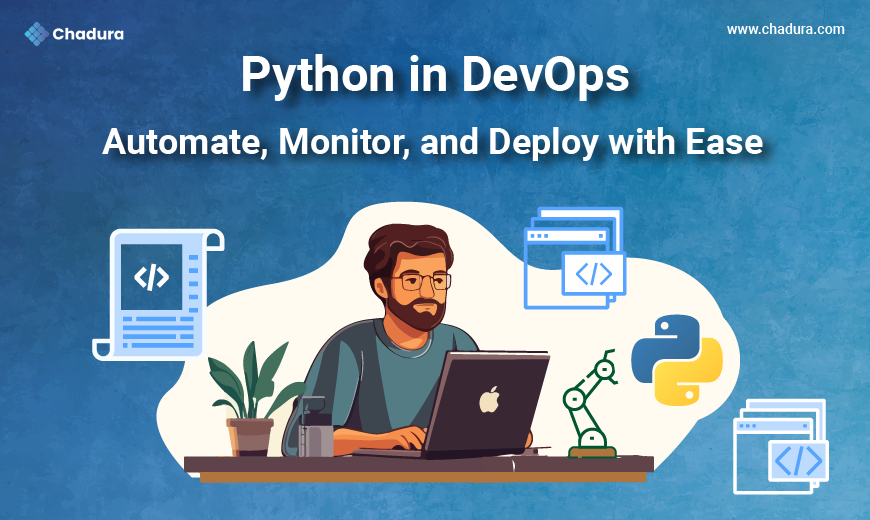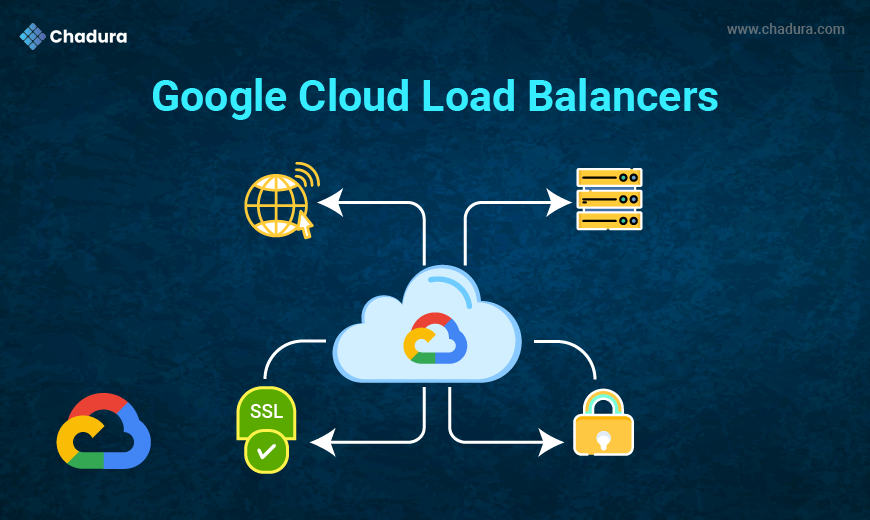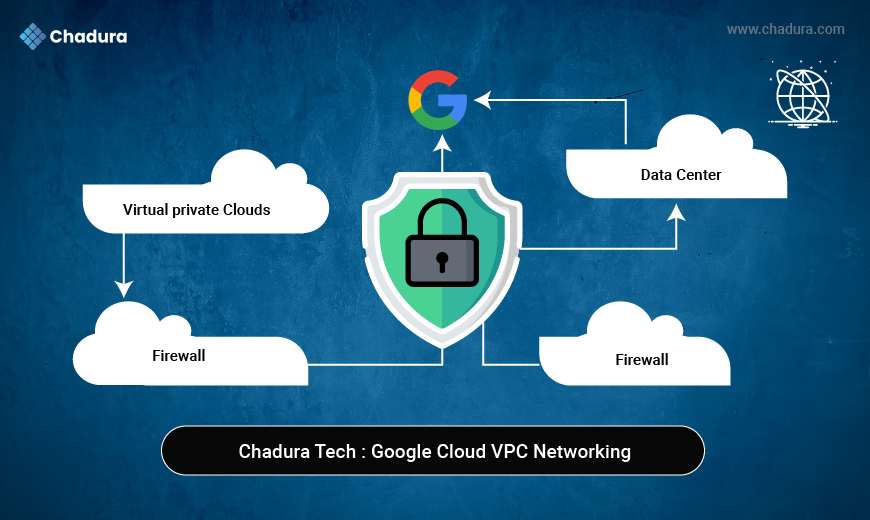The digital landscape has evolved drastically in recent years, and organizations are constantly striving to deliver software faster, safer, and with fewer errors. This push has led to the adoption of DevOps, a cultural and technological movement designed to unify development and operations. DevOps emphasizes automation, continuous integration and delivery (CI/CD), monitoring, and collaboration.
At the heart of these processes lies one of the most versatile programming languages ever created: Python. Known for its simplicity, readability, and massive ecosystem, Python has become the go-to language for automating infrastructure, writing CI/CD scripts, orchestrating containers, managing cloud resources, and even monitoring distributed systems.
In this blog, we’ll explore how Python empowers DevOps teams, covering everything from automation and monitoring to deployment, with real-world examples, tools, libraries, and best practices.
Why Python is Perfect for DevOps
- Simplicity and Readability
- Cross-Platform Compatibility
- Rich Ecosystem of Libraries
- Integration with DevOps Tools
- Strong Community Support
1. Simplicity and Readability
Python’s clean and human-readable syntax makes it easy for both developers and operations engineers to collaborate. In DevOps environments, where cross-functional teams must work closely, this readability eliminates friction.
1.2 Cross-Platform Compatibility
Python runs seamlessly across operating systems—Linux, Windows, and macOS—making it highly adaptable to diverse DevOps pipelines.
1.3 Rich Ecosystem of Libraries
From Ansible and Fabric for automation to Boto3 for AWS, psutil for system monitoring, and Paramiko for SSH, Python’s extensive libraries make it a one-stop solution for DevOps tasks.
1.4 Integration with DevOps Tools
Python integrates well with DevOps tools like Jenkins, Kubernetes, Docker, Terraform, and Prometheus, ensuring smooth workflows.
1.5 Strong Community Support
With millions of developers worldwide, Python’s community continuously develops new tools and libraries to improve DevOps capabilities.
2.Python for Automation
Automation lies at the core of DevOps. Manual tasks—such as provisioning servers, configuring systems, and deploying applications—are prone to errors and inefficiencies. Python simplifies automation with powerful libraries and frameworks.

2.1 Infrastructure Automation
- Ansible with Python: Ansible is written in Python, and its modules are easy to extend. You can automate configuration management, patching, and provisioning using Python scripts.
- Terraform + Python: Terraform allows infrastructure-as-code, and Python scripts can generate configurations dynamically.
2.2 Task Automation
Python can automate repetitive tasks such as:
- User account creation
- Log rotation
- File backups
- System health checks
Example: Automating backups
import shutil
import os
import datetime
def backup(src, dest):
timestamp = datetime.datetime.now().strftime("%Y%m%d%H%M%S")
dest_path = os.path.join(dest, f"backup_{timestamp}")
shutil.copytree(src, dest_path)
print(f"Backup created at {dest_path}")
backup("/var/www/html", "/backups")2.3 Continuous Integration (CI) Automation
Python can:
- Trigger builds in Jenkins
- Run unit and integration tests
- Package applications into Docker containers
Example: Triggering Jenkins job using Python
import requests
url = "http://jenkins-server/job/my-job/build"
response = requests.post(url, auth=('user', 'api_token'))
print(response.status_code)3. Python for Deployment
Deployment automation ensures that applications move from development to production seamlessly.
3.1 Using Fabric for Deployment
Fabric is a Python library for SSH command execution, commonly used to deploy apps.
from fabric import Connection
def deploy():
c = Connection('myserver.com', user='admin')
c.run('git pull origin main')
c.run('systemctl restart myapp')
print("Deployment complete!")3.2 Docker and Kubernetes Orchestration
Python plays a crucial role in containerized deployments:
- Docker SDK for Python: Manage images, containers, and networks programmatically.
- Kubernetes Python Client: Automate pod creation, scaling, and monitoring.
3.3 Serverless Deployment
Python integrates seamlessly with AWS Lambda, Google Cloud Functions, and Azure Functions. DevOps teams use Python scripts to package, deploy, and update serverless functions.
4. Python for Monitoring and Logging
Monitoring is critical in DevOps to ensure uptime, performance, and reliability. Python provides multiple ways to implement logging and monitoring.
4.1 System Monitoring
Using psutil, Python can fetch CPU, memory, disk, and network statistics:
import psutil
print(f"CPU Usage: {psutil.cpu_percent()}%")
print(f"Memory Usage: {psutil.virtual_memory().percent}%")4.2 Application Logging
Python’s built-in logging module helps standardize logs across applications. Logs can then be shipped to ELK stack, Splunk, or Grafana Loki.
import logging
logging.basicConfig(filename='app.log', level=logging.INFO)
logging.info("Application started")4.3 Integrating with Monitoring Tools
- Prometheus Client for Python: Expose metrics to Prometheus.
- Nagios Plugins in Python: Create custom checks.
4.4 Alerting with Python
Python scripts can send alerts to Slack, Teams, or email when thresholds are exceeded.
import smtplib
def send_alert(subject, body):
server = smtplib.SMTP('smtp.example.com', 587)
server.starttls()
server.login("user", "password")
message = f"Subject: {subject}\n\n{body}"
server.sendmail("from@example.com", "to@example.com", message)
server.quit()
send_alert("High CPU Usage", "CPU usage exceeded 90%!")5. Python in CI/CD Pipelines
CI/CD pipelines automate building, testing, and deploying software. Python scripts are often embedded into pipelines for:
- Running tests (pytest, unittest)
- Generating reports
- Packaging software
- Pushing artifacts to repositories
5.1 Jenkins Pipelines with Python
Python scripts can trigger Jenkins jobs, update build statuses, and deploy apps.
5.2 GitLab CI/CD and Python
With GitLab, Python scripts can automate test execution, linting, and artifact management.
5.3 GitHub Actions and Python
GitHub Actions workflows often use Python for automating build/test steps.
6. Python in Cloud and Infrastructure Management
Cloud-native DevOps heavily relies on Python.
6.1 AWS Automation with Boto3
Python’s Boto3 SDK allows DevOps engineers to automate AWS services like EC2, S3, RDS, and IAM.
Example: Launching an EC2 instance
import boto3
ec2 = boto3.resource('ec2')
instance = ec2.create_instances(
ImageId='ami-12345678',
MinCount=1,
MaxCount=1,
InstanceType='t2.micro'
)
print("EC2 Instance launched:", instance[0].id)6.2 Azure and GCP Automation
- Azure SDK for Python automates VMs, storage, and networking.
- Google Cloud Python Client manages Compute Engine, BigQuery, and Cloud Storage.
7. Python for Security in DevOps (DevSecOps)
Security is integral to DevOps pipelines. Python can:
- Automate vulnerability scans
- Check code for security flaws (using Bandit)
- Manage secrets and credentials securely
- Integrate with tools like HashiCorp Vault
Example: Simple security scan with Bandit
bandit -r myproject/8. Case Studies: Python in Real-World DevOps
8.1 Netflix
Netflix uses Python for automation and monitoring. Tools like Chaos Monkey are built with Python for chaos engineering.
8.2 Instagram
Instagram relies on Python-based automation for server orchestration and scaling.
8.3 NASA
NASA uses Python for automating simulations, data analysis, and cloud orchestration.
9. Best Practices for Using Python in DevOps
- Use virtual environments to manage dependencies.
- Follow coding standards (PEP 8).
- Write unit tests for automation scripts.
- Implement logging and error handling.
- Use secrets managers instead of hardcoding credentials.
- Containerize scripts for portability.
10. The Future of Python in DevOps
Python continues to dominate DevOps because of its versatility and adaptability. With the rise of AI-driven DevOps (AIOps), Python’s role will expand further into predictive monitoring, anomaly detection, and intelligent automation.
Conclusion
Python has firmly established itself as the backbone of DevOps. From automating mundane tasks to managing cloud infrastructure, orchestrating deployments, monitoring systems, and embedding into CI/CD pipelines, Python does it all with elegance and simplicity. Its vast ecosystem, coupled with community support, ensures that DevOps teams can continue to innovate and deliver faster.
As organizations embrace DevOps to achieve agility and resilience, Python will remain the most valuable tool in their arsenal, helping them automate, monitor, and deploy with ease.





